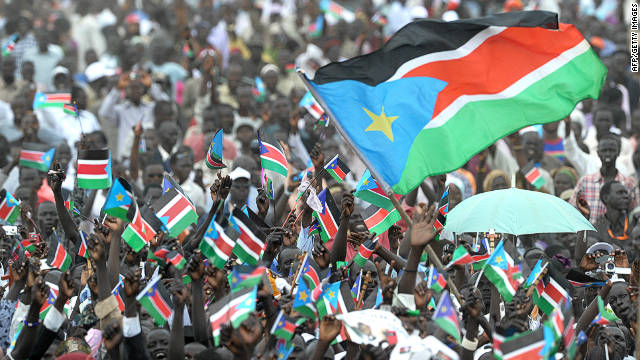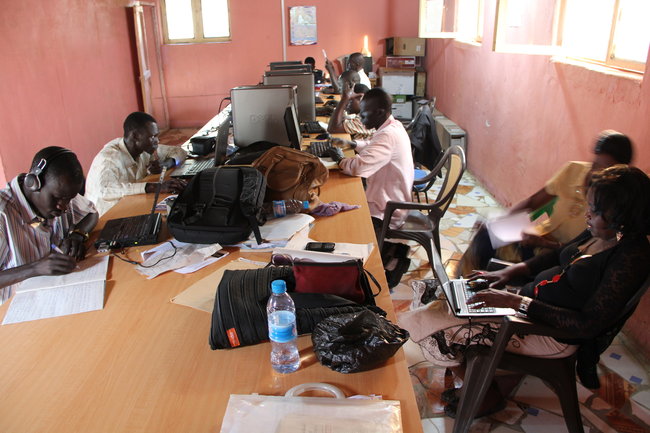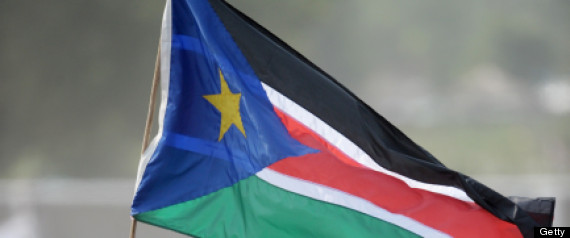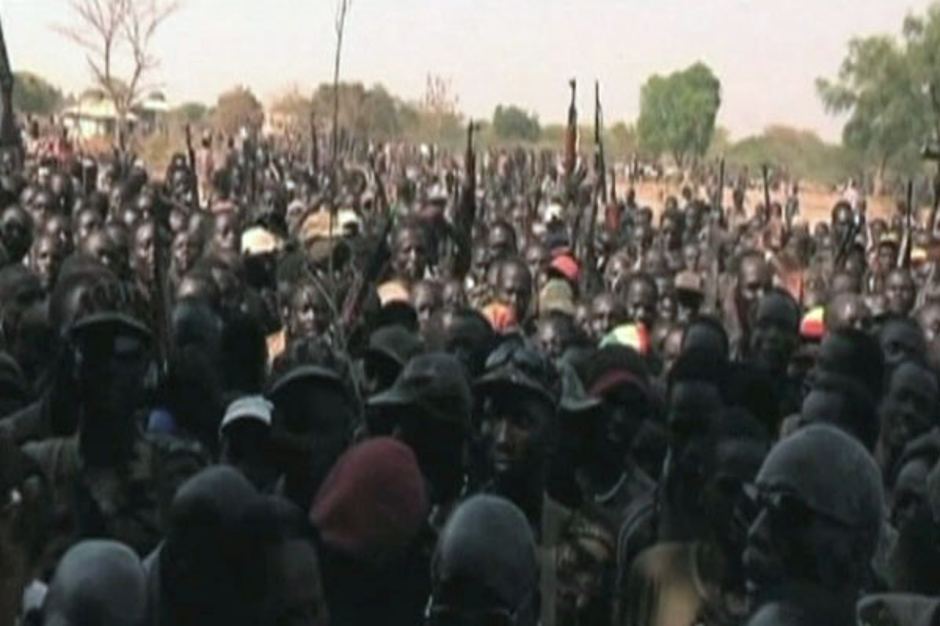JStone
Rookie
- Jun 29, 2011
- 13,374
- 253
- 0
- Banned
- #121
I wanted to say the war was just to split the country up into "Has Oil" and "Doesn't Has Oil" sides but I see the Civil War has been going on since 1955 so I guess it aint that simple.
The Muslims in North Sudan have been comitting genocide on the ethnic Africans in Darfur, Kordofan and Southern Sudan for decades, they would still do this even if there were no oil involved at all.
allahu akbar, motherfuckers!
The genocide in Darfur has claimed 400,000 lives and displaced over 2,500,000 people. More than one hundred people continue to die each day; five thousand die every month.
Since February 2003, the Sudanese government in Khartoum and the government-sponsored Janjaweed militia have used rape, displacement, organized starvation, threats against aid workers and mass murder. Violence, disease, and displacement continue to kill thousands of innocent Darfurians every month.
Genocide in Darfur, Sudan | Darfur Scorecard
[ame=http://www.youtube.com/watch?v=L-ojg9UjMk0]The Genocide In Darfur - YouTube[/ame]










